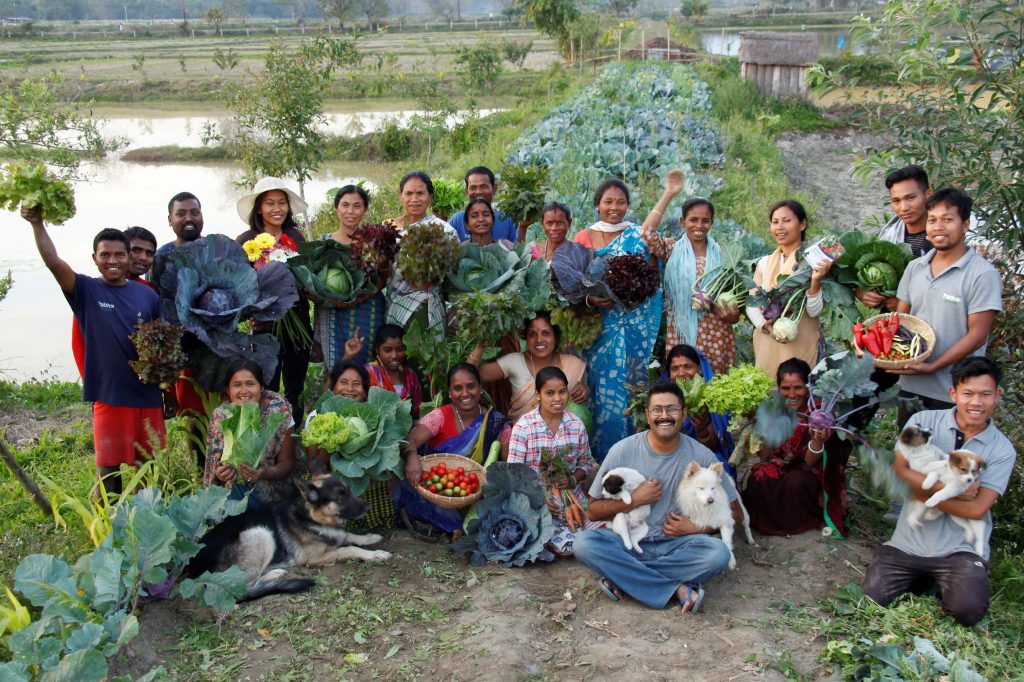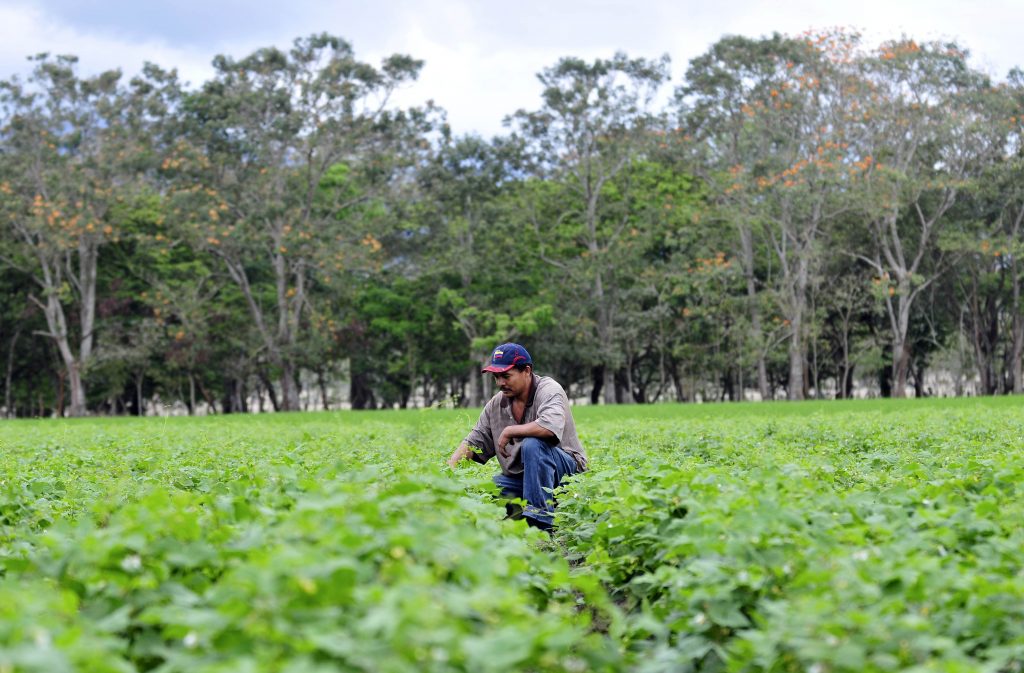
Bodenregeneration durch syntropischen Agroforst
Der Verlust von fruchtbarem Boden ist eine der zentralen Herausforderungen der Landwirtschaft.1 Gründe dafür finden sich in nicht nachhaltigen Landwirtschaftspraktiken der konventionellen Monokulturen, dem Erschliessen neuer Landwirtschaftsflächen oder der witterungsbedingten Erosion. Eine grossflächige Umstellung auf alternative Produktionssysteme ist unvermeidbar. Dabei gilt die syntropische Agroforstwirtschaft als vielversprechender und kostengünstiger Lösungsansatz, um einerseits Böden zu regenerieren und gleichzeitig eine vielseitige Lebensmittelproduktion zu gewährleisten.







